
Latest
Merseyside mum has world-first cancer treatment at Clatterbridge Cancer Centre
3 years ago
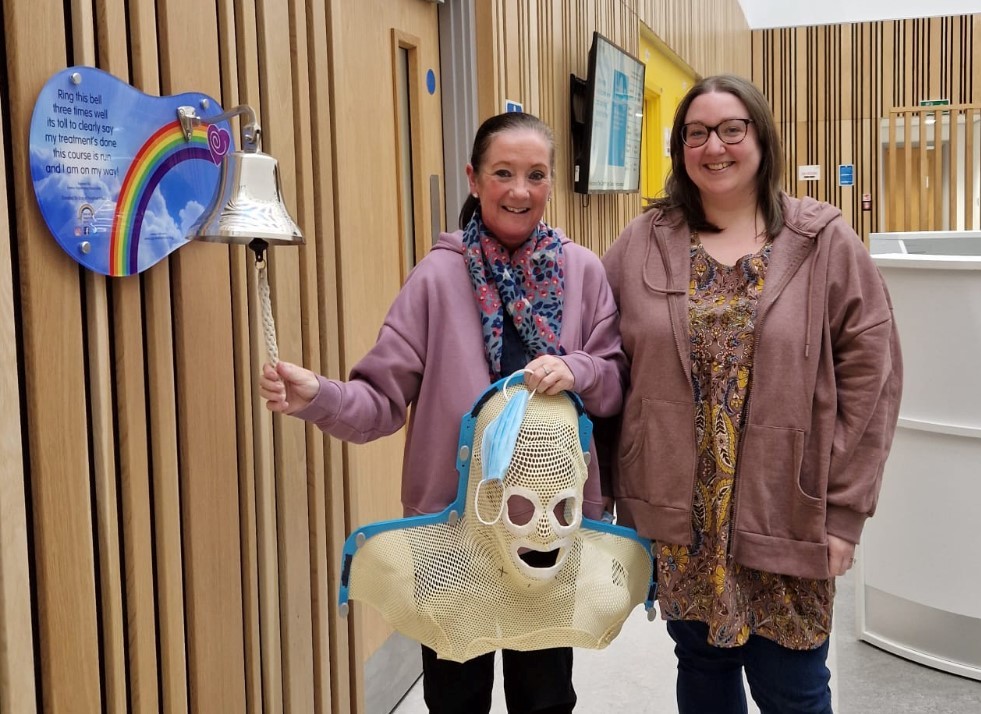
A mum from Merseyside has become one of the first patients in the world to be given a pioneering form of cancer therapy designed to help her own immune system fight the disease.
Beverley Joyce was given the ground-breaking treatment in the MOAT clinical research trial at The Clatterbridge Cancer Centre and hopes the therapy, combined with surgery and radiotherapy, will kill off the tumours which have attacked her mouth and neck.
The news comes ahead of World Cancer Day on Saturday, February 5th, when organisations raise awareness of the disease and the treatments available to combat it.
The news comes ahead of World Cancer Day on Saturday, February 5th, when organisations raise awareness of the disease and the treatments available to combat it.
Beverley was making preparations for her 60th birthday party in May last year when she noticed ulcers in her mouth were not healing and her daughter, Kim, mentioned that she was not speaking normally. Beverley contacted her GP and after a series of tests was given the cancer diagnosis.
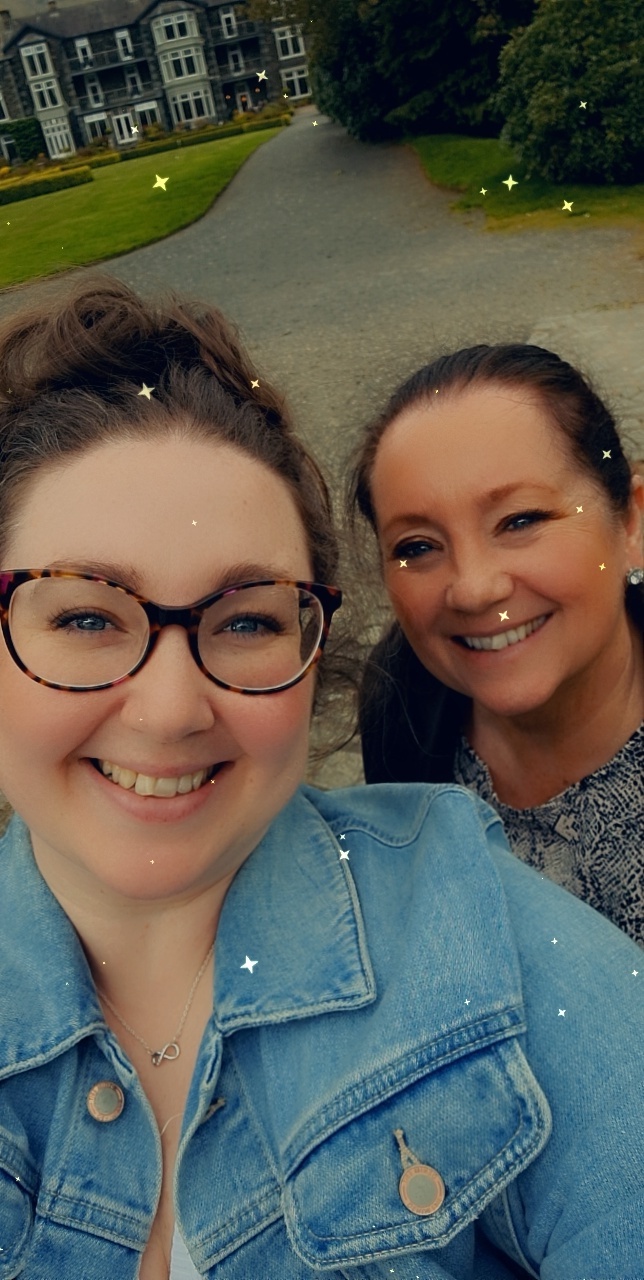
“I was floored when I was told it was cancer,” said Beverley. “I have been healthy all my life and I’ve never smoked, so when they said it was head and neck cancer I was really shocked.”
Beverley’s cancer had spread to her throat and lymph nodes, increasing the possibility of secondary cancer, and the medical team immediately discussed treatment options, including the opportunity to join a clinical research trial.
It was explained to Beverley that a new treatment, on the Mode Of Action Transgene (MOAT) study, would involve gene therapy to help her own immune system fight the cancer.
MOAT involves giving the patient a modified virus with four additional genes, designed to multiply only in the cancer and activate a type of white blood cell, called T-cells. These help the immune system to destroy the cancer cells and kill other cells, called fibroblasts, which are thought to help cancers grow. Normal cells are not affected.
“When I was told about the trial, I thought it was amazing,” said Beverley. “They explained it all so simply. Why would you say no? I know it is a new treatment but is only helping my own immune system to have a better chance at fighting the cancer. It seemed very natural to me.”
After three rounds of the therapy within five days, injected through a vein, Beverley had to wait a couple of weeks before undergoing surgery at Aintree University Hospital to remove the tumours and affected lymph nodes. She also had to have part of her tongue taken out – before it was reconstructed using tissue from her leg – and her back teeth extracted.
Beverley of Blackbrook, St Helens, has now finished her treatment after 30 rounds of radiotherapy at The Clatterbridge Cancer Centre and is having speech therapy. She said: “We don’t know how things will turn out with it yet, but whatever happens the research will help someone else in the future.”
Beverley was one of the first five patients in the world to be given the therapy in the MOAT study, with four of those patients now receiving treatment at The Clatterbridge Cancer Centre under the care of the study’s Principal Investigator, Professor Christian Ottensmeier.
Prof Ottensmeier, Director of Clinical Research at The Clatterbridge Cancer Centre NHS Foundation Trust and Professor of Immuno-Oncology at the University of Liverpool, said: “Beverley has responded tremendously well to the MOAT therapy and her other treatments.
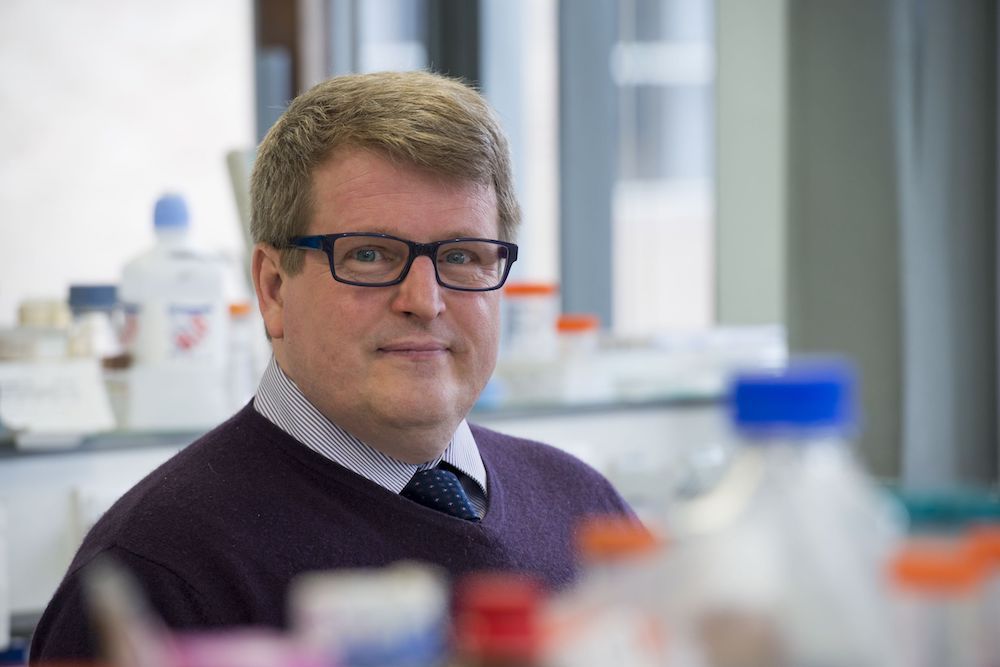
“We are all hoping that this experimental immunotherapy will have boosted Beverley’s immune system to such an extent that it will kill all the cancer cells, but we will only know this over time.
“We have seen in other MOAT patients of ours that the therapy has been found in the cancer tissue which has been removed by surgery, so this gives us hope that the treatment does what it is supposed to do and is making a real difference to these patients.
“This is cutting edge research but here at Clatterbridge we are highly skilled in the delivery of these novel therapies.
“This study is a clinical research trial and we will need many more patients receiving the treatment before any conclusions can be made about its effectiveness – but we are very excited by MOAT.”
Dr Lillie, Chief Medical Officer at Akamis Bio, added “At Akamis, we are also tremendously excited to be partnering with Prof Ottensmeier and The Clatterbridge Cancer Centre in running the MOAT study to help develop new immune therapies to fight cancer.
“We are especially grateful to patients like Beverley who generously agree to participate in clinical research, which is a critical step in understanding more about the effects novel therapies may have in patients.”
Beverley will continue to be monitored at Clatterbridge for many months but is hoping to return to work as a checkout operator at her local Morrison’s store at some stage.
Kim said: “It was such a shock when mum had the diagnosis. I’d never known her to be unwell as she had been healthy all her life. But everyone moved so quickly to treat her when she was told it was cancer, and she has had very few side-affects. Some people find radiotherapy very difficult, but mum has smashed it.
“She has been treated like a VIP at Clatterbridge – the care has been wonderful. During the whole process mum has been very comfortable and has felt very safe in their hands.”


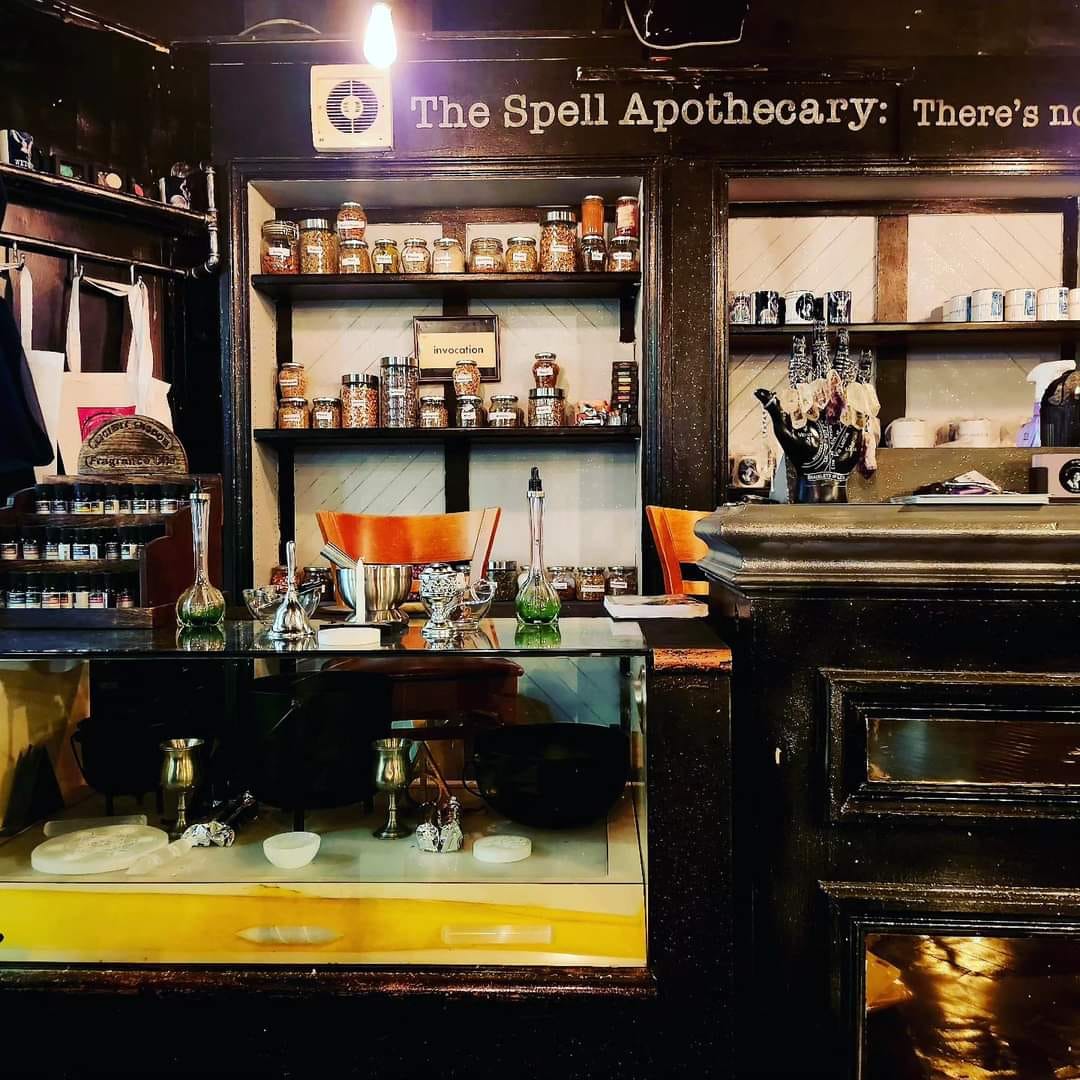
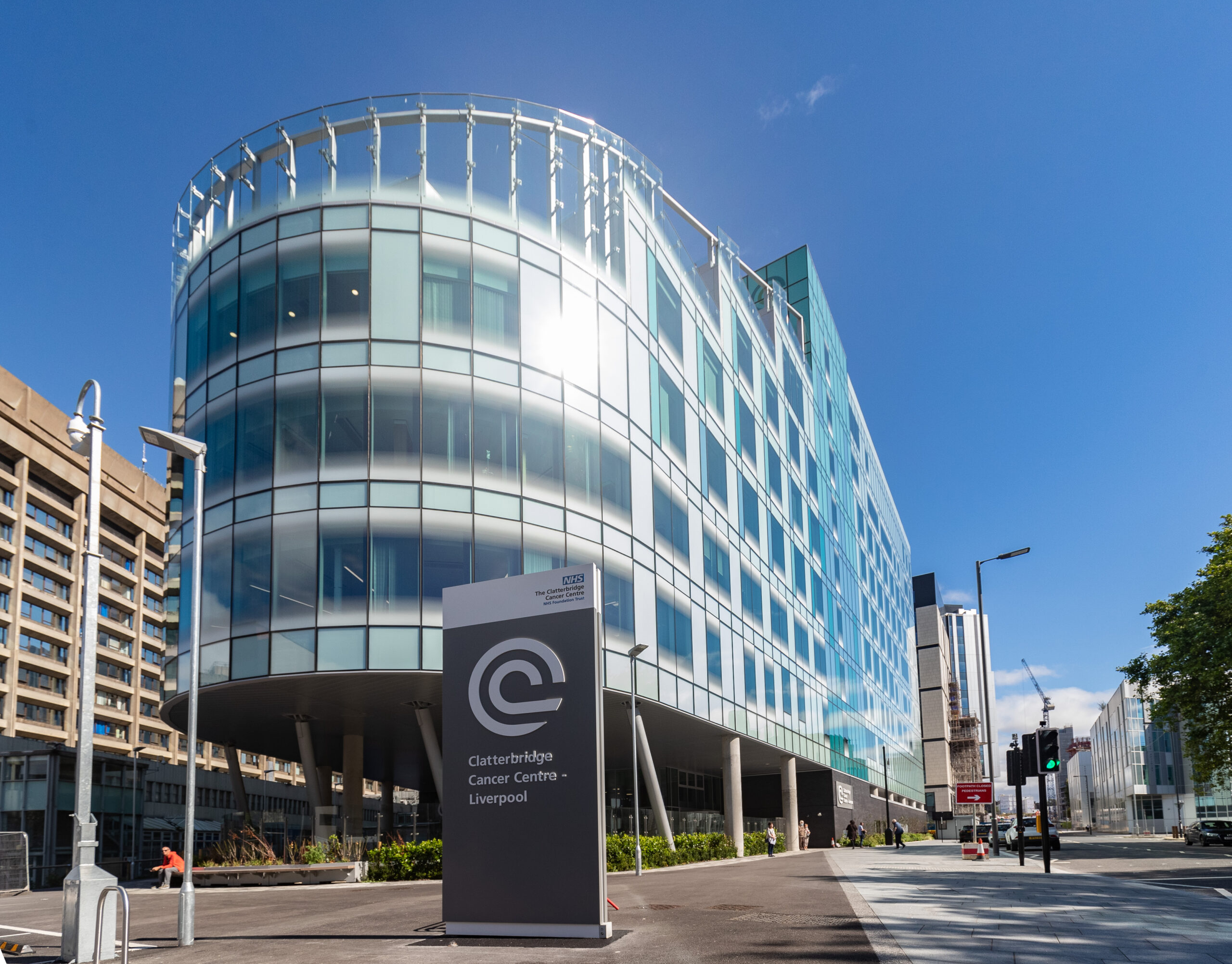


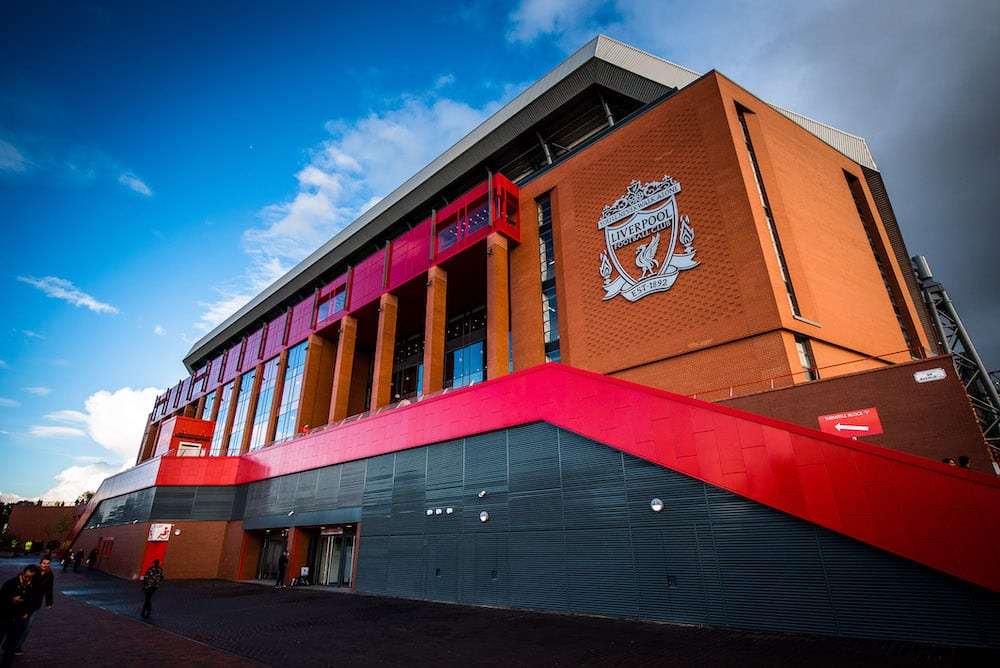

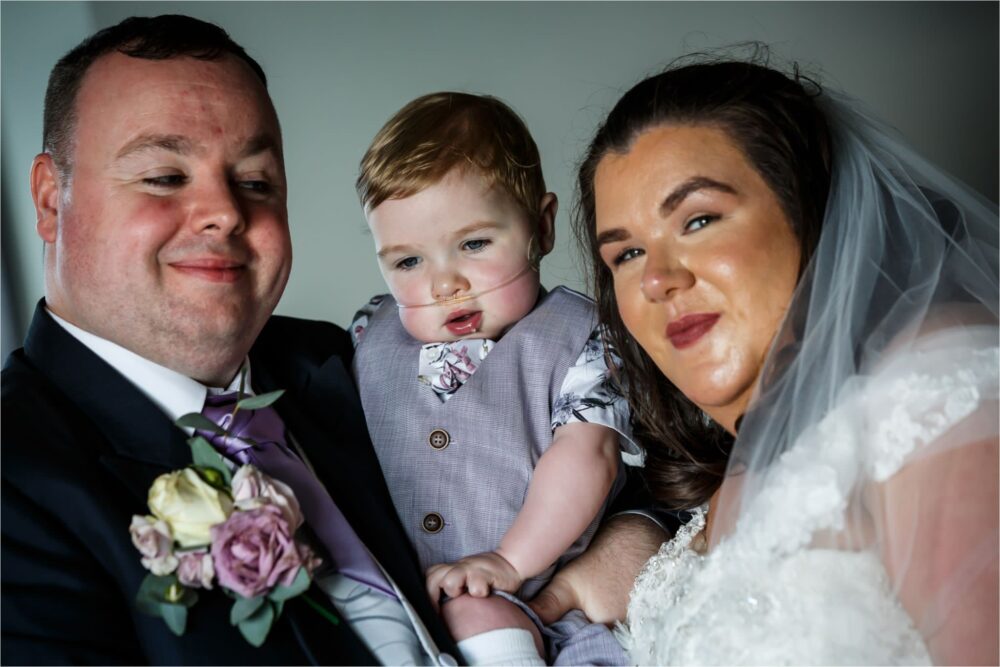
 Subscribe
Subscribe Follow Us
Follow Us Follow Us
Follow Us Follow Us
Follow Us Follow Us
Follow Us Follow Us
Follow Us











